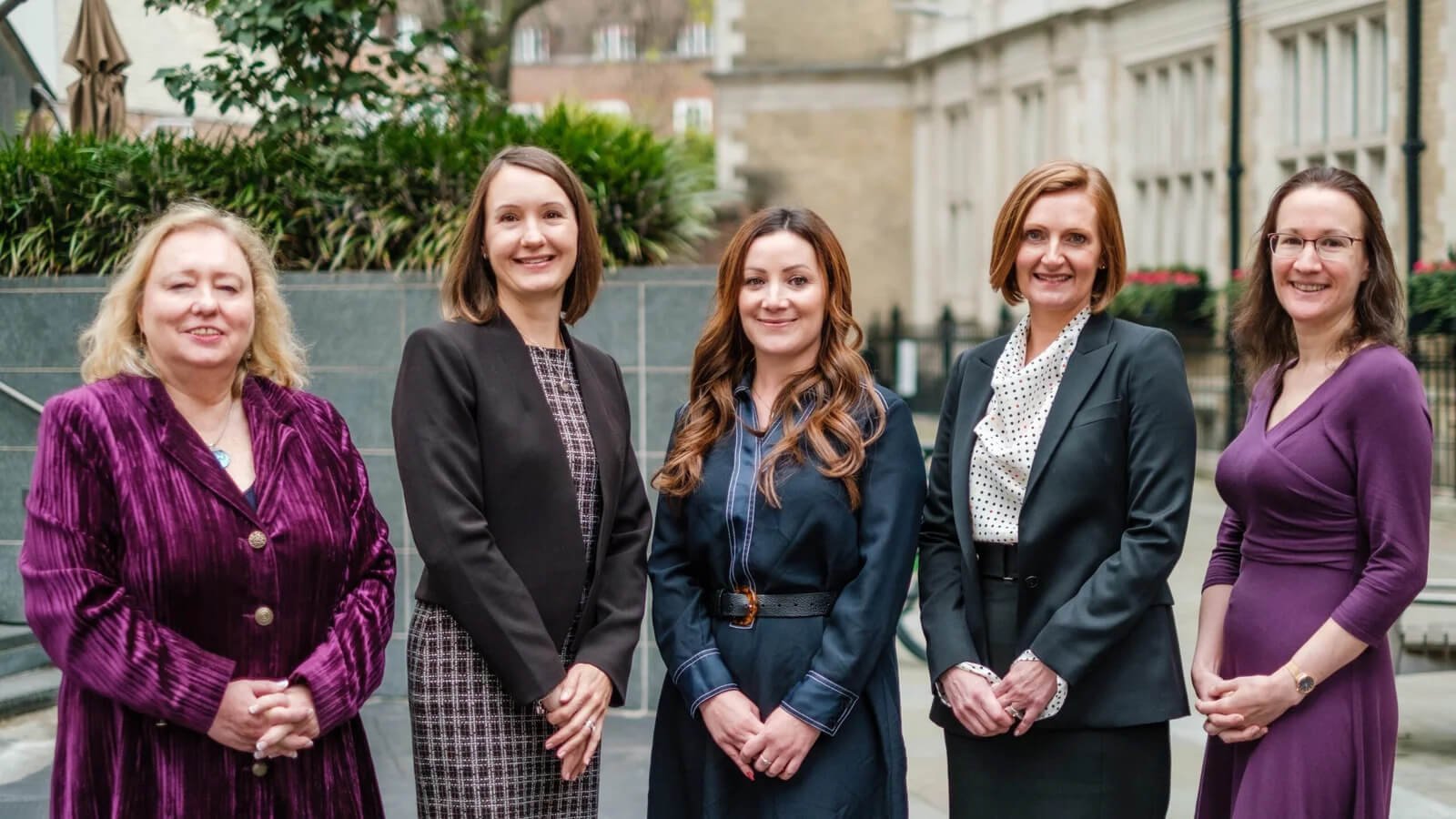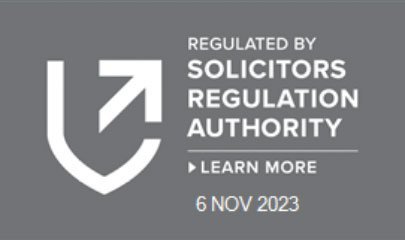Child Arrangements
International families face unique complications if the relationship between parents breaks down. A parent may wish to return to their home country with their child or relocate overseas for work, which can make it difficult for the child to have regular contact with both parents.

UNITED KINGDOM
LEADING FIRM
2021

UNITED KINGDOM
LEADING FIRM
2022

UNITED KINGDOM
LEADING FIRM
2023
Request a callback
Enter your details below and organise a no-obligation, confidential callback. We offer a low-cost, fixed-fee 20 minute consultation.
Child Arrangements
International families face unique complications if the relationship between parents breaks down. A parent may wish to return to their home country with their child or relocate overseas for work, which can make it difficult for the child to have regular contact with both parents.

UNITED KINGDOM
LEADING FIRM
2021

UNITED KINGDOM
LEADING FIRM
2022

UNITED KINGDOM
LEADING FIRM
2023

UNITED KINGDOM
LEADING FIRM
2021

UNITED KINGDOM
LEADING FIRM
2022

UNITED KINGDOM
LEADING FIRM
2023
Request a callback
Enter your details below and organise a no-obligation, confidential callback. We offer a low-cost, fixed-fee consultation.
International Child Custody & Relocation
International families face unique complications if the relationship between parents breaks down. A parent may wish to return to their home country with their child or relocate overseas for work, which can make it difficult for the child to have regular contact with both parents.
If the other parent disagrees with arrangements that involve the child relocating, specialist advice and help may be required to resolve the situation. When an outcome cannot be agreed by everyone with Parental Responsibility for that child, the permission of the court needs to be sought.
The Allard Bailey team understands the thorny issues surrounding international child custody and relocation and provides full support and advice at all stages of this process.
Get To Know
Child Arrangements FAQ'S
What are child arrangements after divorce?
“Child arrangements” is the term used to define how much time children will spend with each parent following a separation (regardless of if the parents are married or not”. A “lives with” order specifies with which parent a child lives. A “spends time with” order sets out what time the child will spend with the other parent. A child can “live with” one or both parents. There is no formulate or one-size-fits-all policy; each case will depend on its own specific facts but the overarching consideration will be what is in the best interest of the child/children.
How do you decide child arrangements after divorce?
There is a “no order” principle, which means that if the parents are able to spend how much time a child lives with and spends with each parent then there is no need for a child arrangements order. Simply because you are separating does not mean that you have to ask the court to put in place a child arrangements order; indeed, the courts are placing a huge emphasis on encouraging parents to stay away from court if at all possible. As the parents of the children concerned, you are both going to be the best people to decide what is best for your children, knowing them as you do.
What if we can't agree child arrangements after divorce?
Sometimes, it is not possible to agree how a child’s time should be divided between parents. In those cases you have a variety of different options available to you. You can choose to go to mediation, which is when a third-party is appointed by both parents to help them negotiate an outcome. If mediation is not suitable or unsuccessful, you can make an application to the court for a child arrangements order. With the backlog of private law cases (where the state is not involved) in the court system, some parents are choosing to arbitrate, which is a streamlined and binding way of settling disputes. Think of it as going private, if using the court system were to be using the NHS.
Who is responsible for the children?
Anyone with “parental responsibility” has the right to be involved in making important decisions relating to a child regarding their upbringing. A mother automatically has PR as a result of giving birth to a child. Any man married to a woman that gives birth to a child during their marriage will also have PR. The situation is different for unmarried fathers, who require the mother’s consent to be named on the birth certificate in order to acquire PR. If two people hold PR jointly, that means that they need to make decisions jointly about a child, such as medical treatment, which school the child should go to, if they should follow a particular religion or removing them from the county, even if only temporarily for the purposes of a holiday.
Obtaining a child arrangements order
In order to obtain a child arrangements order you need to make an application to the court pursuant to Section 8 of the Children Act 1989. You make the application using a form called a C100, and you can file supplementary forms too, such as a C1A (used when you are setting out allegations of harm). Prior to making an application for a child arrangements order you need to have attended one mediation session save for in certain circumstances. Upon receiving a C100, the court will review the application and ordinarily list a first hearing, known as a First Hearing Dispute Resolution Appointment and then the proceedings begin.
How is child maintenance decided?
Child maintenance is, in the vast majority of cases, determined by the Child Maintenance Service. Either parent can make an application, be they the receiving party or the paying parent. A formulate is used to assess the paying parent’s liability, by reference to how much they earn, how much time they spend with the child in question and how many other children they may be responsible for. When a paying parent earns more than £156,000 per year, then it is possible to make an application to the court to “top up” the child maintenance that should be paid.
Testimonials




UNITED KINGDOM
LEADING FIRM
2021

UNITED KINGDOM
LEADING FIRM
2022

UNITED KINGDOM
LEADING FIRM
2023


UNITED KINGDOM
LEADING FIRM
2021

UNITED KINGDOM
LEADING FIRM
2022

UNITED KINGDOM
LEADING FIRM
2023
About Us
As a specialist firm, we focus on all areas of family law and legal matters that affect private wealth.

Explore
Contact
Contact
info@allardbailey.com
(+44) 020 7993 2936
Head Office
3 Waterhouse Square,
138 Holborn, London, EC1N 2SW
Hertford Office
114-116 Fore Street, Hertford,
SG14 1AJ
Allard Bailey Family Law is a practice name of Allard Bailey Family Law Ltd, a company registered in England and Wales (no 10359344) and authorised by the Solicitors Regulation Authority (no 634271)
© 2024 Allard Bailey Family• All Rights Reserved








